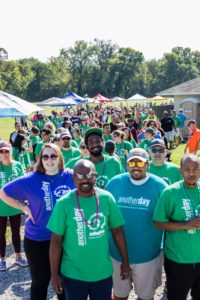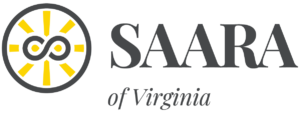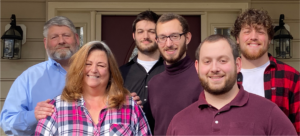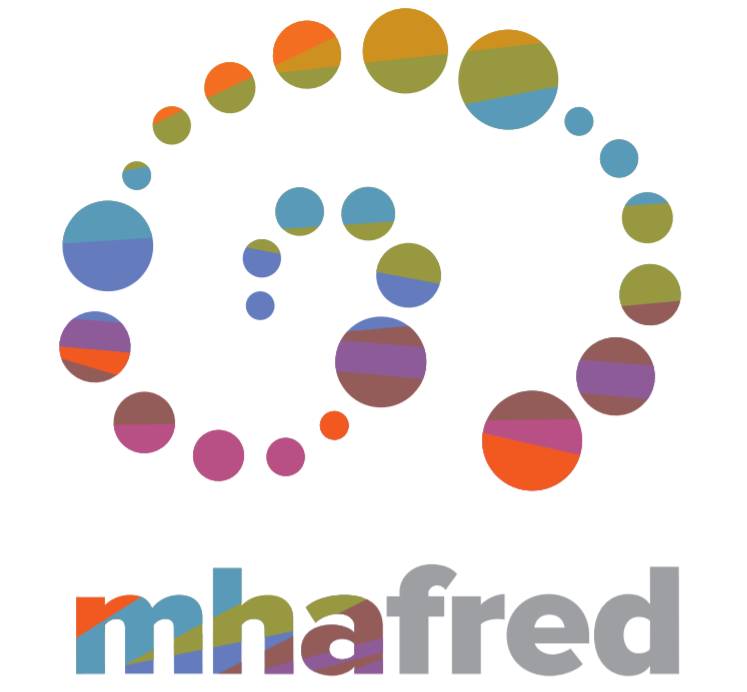Look What You’ve Helped Us Do!
Look what you’ve helped us do:
Hundreds helped!
Thanks to our donors and volunteers, we are part of the solution!
Two articles about MHAfred, reported by Cathy Dyson in the Freelance Star, October 5, 2021
From the Article: Mental health providers can’t meet growing demand for services
When he reached the MHAfred HelpLine, the young man he spoke with calmly said, “Sir, I’m here to help you, and we’re going to find somebody for you.” OShields, who felt like he was at the end of his rope, found himself being “talked off the ledge,” just as he had done to others during his law enforcement career.
Are you searching for a mental health provider?
Click here to reach MHAfred’s HelpLine.

From the Article: Fredericksburg-area program keeps seniors connected
“We have gotten to the point that maybe we have undervalued that human connection and if COVID-19 has taught us anything, it’s that we need that connection, all of us, especially our seniors,” said Laurie Black, who coordinates Senior Visitors locally. “We need that human connection and someone to share our stories with, someone who cares and someone is there just for you.”
Click here to volunteer or obtain more information about Senior Visitors.

Mental Health America of Fredericksburg supports mental wellness across our community.
Since 1955, we have identified gaps in the delivery of mental health services and created unique programs to meet those needs. Besides the programs reported above – Senior Visitors & HelpLine – we currently offer Suicide Prevention Education for Teens and Support Groups.

If we can help you, or if you have questions, suggestions, or comments, please contact us.
You are the Face of Suicide Prevention

WALK FOR ANOTHER DAY
You are the one who makes a difference in our community by your example and support to MHAF’s work in suicide prevention. Our sponsors help support our mission to continue education in local schools to give our upcoming young adults the tools they need to identify signs of depression and suicide in themselves and their peers, as well as how to seek help.
Special thank you to our sponsor for the 2021 Another Day Walk for Suicide Prevention, SAARA of Virginia

2021 REGISTRATION IS OPEN
With COVID uncertanties, MHAF has decided to hold this year’s walk as a virtual month-long event. Feel free to finish your walk before, on September 25, or after through October 30th. Get out there and raise awareness!
YOU ARE THE FACE OF SUICIDE PREVENTION. EVERY DAY.
Another Day Walk to Stop Suicide is a positive and hopeful experience. Amy Jones, the Another Day Campaign co-coordinator says that we all “are the face of suicide prevention,” and calls each of us to spend more than just one day raising awareness and erasing the stigma attached to mental illness and reaching out for help.
With your support, we can bring Suicide Prevention Education to local teens. They learn that mental illness is treatable and what the warning signs are for depression and suicide, while reinforcing help seeking behaviors. Suicide is not a normal response to stress. Don’t suffer in silence; there is help.
Check out these inspirational video clips from Amy Jones and Trey Taylor from the 2019 Another Day Walk:
Walk for Mental Wellness Update
What a beautiful day we had Saturday. A very big THANK YOU to all who turned out to support the walk. We enjoyed seeing, greeting and meeting you. We’ll post a final total on our website as to how much your efforts raised in support of MHAFVA after our auction closes.
What auction you ask? Click here:
With a Little Help From Our Friends
By Mary Podlesny
 What would we do without a little help from our friends?
What would we do without a little help from our friends?
We must thank Ernie Ackermann for his years of hard work as a Board member and volunteer for Mental Health America of FXBG. He is our go-to guy for help with our walks, our fundraisers, and anything we ask of him.
Ernie is a professor emeritus of computer science at the University of Mary Washington. We are so glad he shares his time and efforts with us since retiring.
He is a passionate advocate for mental health in the Fredericksburg community. He is one of our best ambassadors–he understands the mission of MHAF and knows our programs in detail. Ernie is also always happy to educate the community about who we are and what we do. He has hosted events on our behalf at his home, and he and his wife Lynn are some of the hardest working volunteers at our events.
Ernie recognizes the importance of fundraising to a nonprofit organization such as MHAF and has been a tireless champion in that regard. He has brought a whole network of supporters to us–those who give their time, talents and financial resources. He has been invaluable in this regard.
Ernie’s skill and understanding of technology and the importance of an online presence have advanced us by leaps and bounds in the past several years. He helps coordinate our website, online giving platform, walk registrations, online raffles, online marketing and everything in between.
Ernie is also the resident Board historian. He knows our bylaws and articles of incorporation better than anyone. He keeps us straight and has incredible institutional memory.
We would not be where we are without Ernie, his kindness, and his endless support of our organization. Thank you, Ernie!
Welcome to Our New Board President!

Dianna Flett is a retired Lieutenant Colonel having served for 21 years in the United States Army. She has lived all over the world and travelled extensively in Europe, the Middle East and Africa providing military intelligence and counter intelligence support to U.S. Forces. Dianna spent many years in Europe during Cold War operations and is a combat veteran of Desert Shield/Desert Storm; receiving several awards during her service including the Bronze Star and Legion of Merit.
Dianna’s training and education includes senior military leadership schools and the FBI’s Instructor Development Course. In 2009 she worked with FBI professionals teaching leadership and management strategies around the United States. After hearing of the complications girls were having as they grew from tweens to teens Dianna started Girl Smarts. The program started with 4 workshops and about 24 girls. Over the years, Girl Smarts has grown to spread strength and leadership training and strategies to young women, especially our youngest emerging leaders in public schools, and now counts 4000 girls who have attended Girl Smarts Programs in Virginia, attended “Power Up” days, and Summer Camps.
After hearing of way too many losses of young women to suicide, and knowing the significant impact on our veteran community, Dianna reached out to MHAFred to educate herself on the program and their impact. She subsequently joined the MHAF Board of Directors and was then asked and stepped into the role of President of the Board.
Dianna’s been a guest expert on strengthening young women on B101.5’s Sunday morning show with Dee, spoken at national bullying conferences, and was selected to attend the first US Summit on Women’s Issues in 2016 “The United State of Women”. In 2017, Dianna was nominated for the Clara de Hirsch Award Extraordinary Women’s Award, was chosen as Northern Virginian of the Year by Northern Virginia Magazine and featured in short documentary by The Story Exchange. She also serves on the Board of Directors for the Stafford based not for profit “Exceptional Young Minds”.
Dianna married Steven Flett 33 years ago and is mom to 4 boys, now men, ages 19-24. They provide new lessons in leadership every day.
